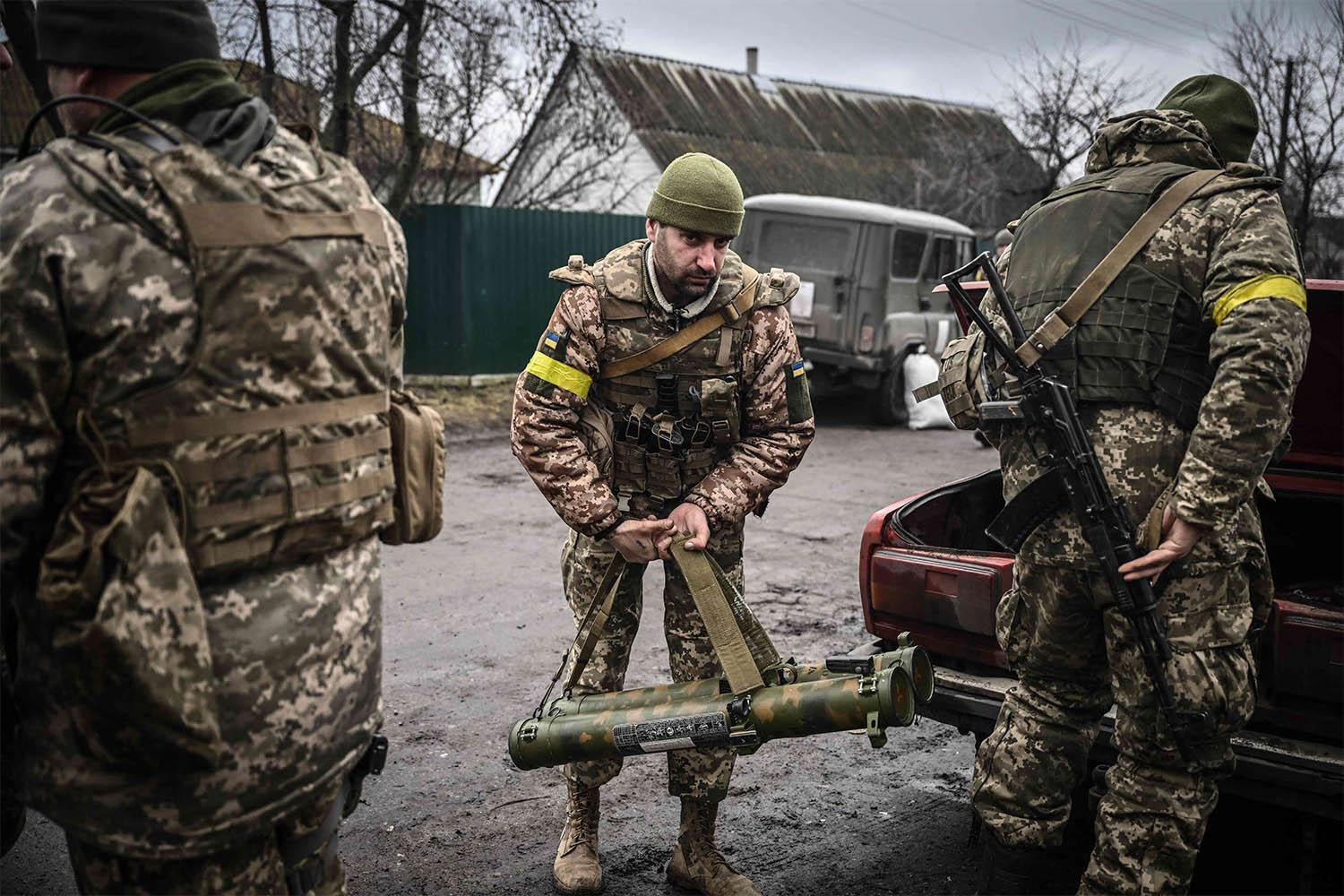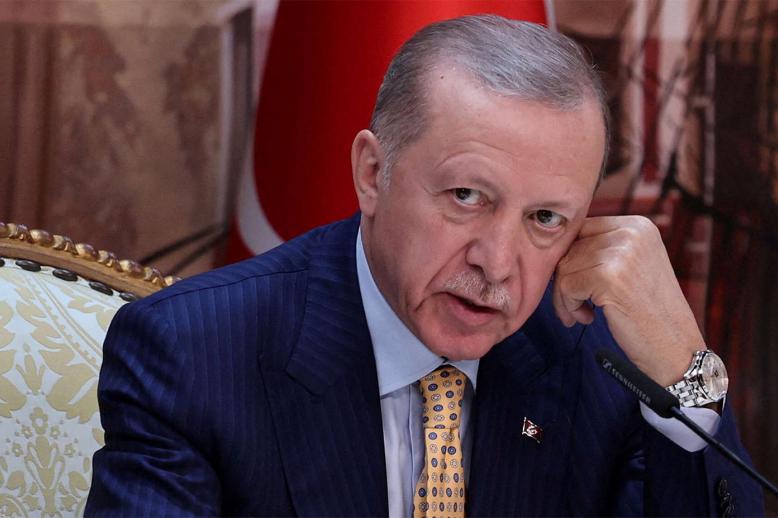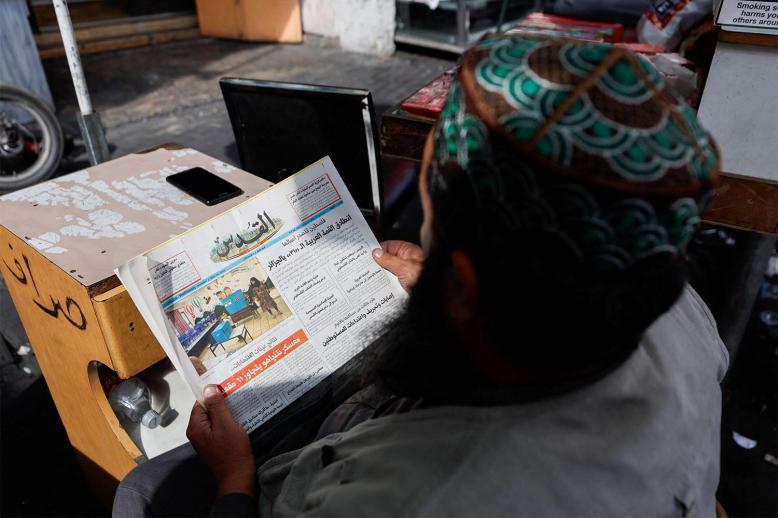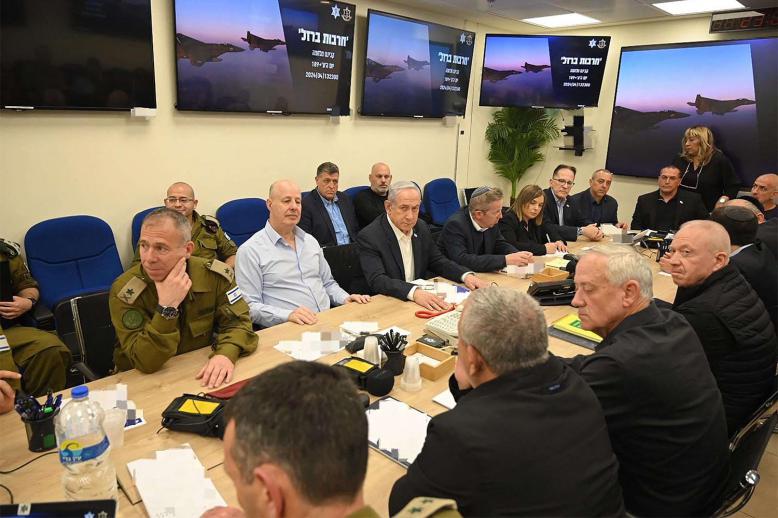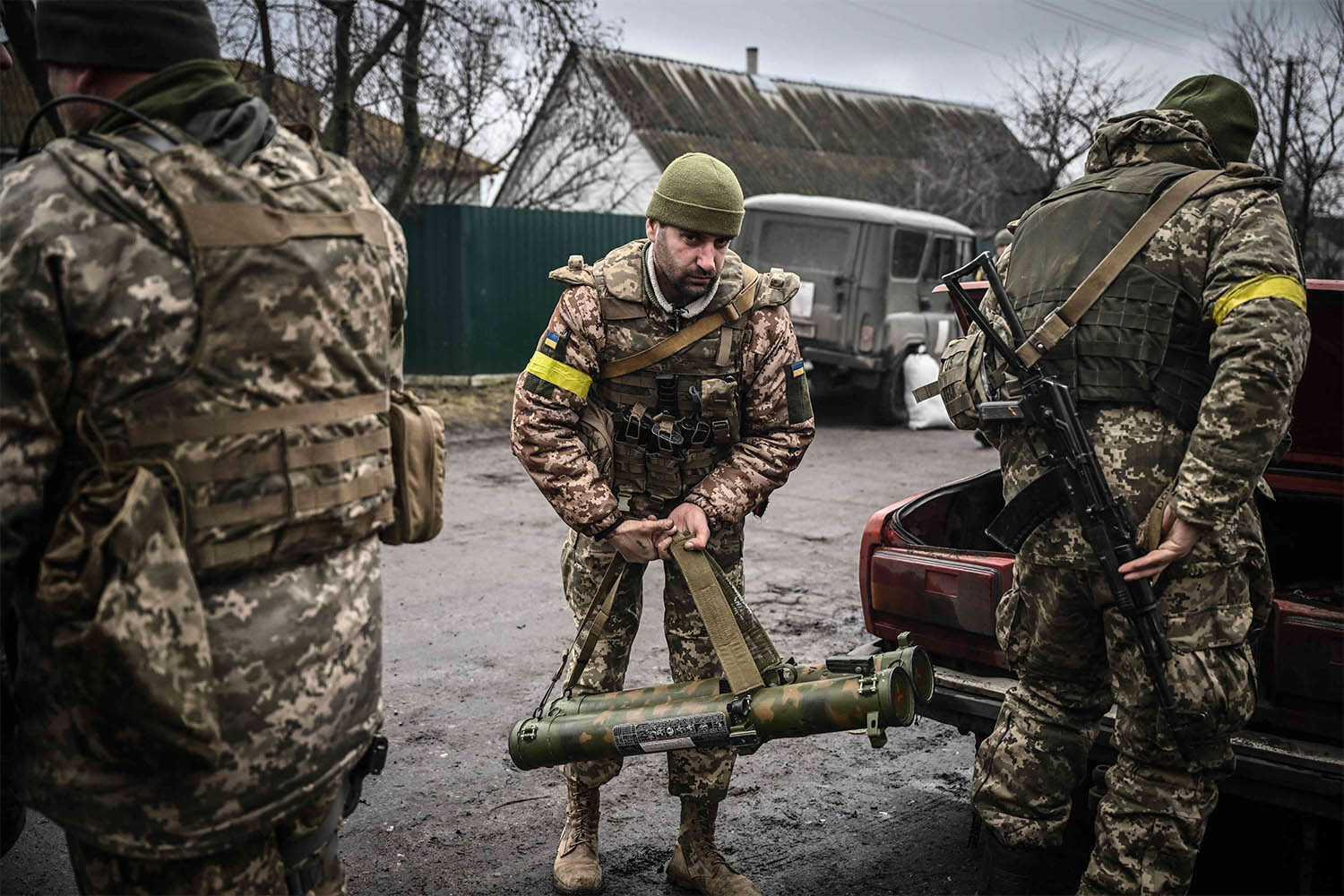How the Ukrainian crisis affects Middle East?
There is no doubt that what is happening in Ukraine will have an impact beyond the geographic area of Eastern Europe. The event will have far-reaching consequences and effects - a true global geostrategic earthquake. Needless to say, these events will be closely watched by all, both militarily and politically.
It is to be expected that the current phase of instability will be exploited by certain regional parties to achieve certain objectives.
One of the issues of interest to us in the region is how the crisis in Ukraine will affect the situation in the Middle East, especially with regard to the negotiations on the Iranian nuclear deal, how they may be affected by these developments, and what are the limits of their impact.
In this context, it is worth noting that Iran pre-empted the Russian invasion of Ukraine by using a new pretext or lifeline that the Shura Council conveyed to Iranian President Ibrahim Raisi in a letter signed by 250 (out of a total of 290) Council members.
They gave six assurances that he would agree to sign a formula for reviving the nuclear deal, including a commitment that the US would not withdraw from any deal to be reached and that Snapback would not be used. This alternative Iran deterrence mechanism, contained in UN Security Council Resolution 2231 as part of the 2015 nuclear deal, allows for the reimposition of any sanctions against Iran under UN Security Council procedures that China and Russia cannot prevent.
Members asked the Iranian government to report to the Council on the compliance of the parties to the nuclear deal with their obligations. This message is the epitome of the role-reversal game that the Iranian regime’s behind-the-scenes operatives have mastered. The letter is an explicit expression of the positions and stance recently announced by the Supreme Leader.
It is now part of supporting a major government and not the other way around (putting pressure on it). The Iranian delegation to the negotiations provides pretexts for taking a firmer stance in the latter part of the negotiations by insisting on its positions and not making concessions. The timing of the release is not far from what is happening in the world.
The Iranian government took its time to develop a new negotiating strategy before the start of the negotiations in Vienna. There is agreement and proactive consensus on red lines between the government and the (conservative-controlled) parliament, so the embassy is putting pressure on the negotiating atmosphere rather than the Iranian negotiator.
Iran is certainly aware that what is happening in Ukraine is in its interest, not only through the exacerbation of the dispute but also through the conflict between Russia and China on the one hand and other international powers on the other.
But the developments in Ukraine may also throw the US negotiator’s calculus off balance and help Iran make concessions more quickly, not only to reach some form of agreement, but also to address more important and serious challenges from the US perspective. From the US perspective, however, there is a caveat that Iran could join a Russian-Chinese alliance directed against the US.
The main impact on the Vienna negotiations will be the different circumstances for Russia and the EU representatives (France, the UK, and Germany), and most importantly, this development comes at a very critical time and at a crucial stage when the negotiations are at an impasse. Russia is not expected to continue to play A conciliatory role or maintain a normal atmosphere among the delegates.
This negotiating environment is exacerbated by the fact that the Iranian delegation is likely to take a harder line based on other circumstances and data. In other words, Iran’s new assessment may prefer not to make concessions to reach an agreement, or at least stick to its terms so that the agreement, if reached, will be honoured.
It is true that the US and Russian delegations have successfully cooperated, communicated, and worked together in previous rounds of negotiations in Vienna. We echoed the positive remarks of Russia’s chief negotiator, Mikhail Ulyanov, who spoke positively about his country’s role in resolving the dispute. He spoke about the talks with his American counterpart Rob Malley.
But the recent events in Ukraine could darken the atmosphere of the negotiations. The crisis has become a challenge to the experience and ability of the diplomats involved to neutralize these circumstances. The most serious impact of the Ukrainian crisis on the Middle East, in my view, will not be limited to determining the fate of the Iran nuclear deal.
It could, however, have an impact on Iran’s behaviour.
There is a concern that these conditions will be used to strengthen Iran’s influence and increase security pressure and threats on neighbouring countries by using the militia army to strengthen their positions and extract concessions in subsequent negotiations. This is especially true as everyone feels the need to ease regional tensions and reduce dependence on US defense support to protect the security of the countries in the region as major crises and strategic challenges threaten the US pole.
In this heated atmosphere, Iran will not risk approaching regional red lines, such as attacking Israel directly or indirectly or repeatedly attacking the UAE from its militias. Tehran is well aware that the White House is very upset and deeply embarrassed by what is happening in Ukraine and that all options for response are now open to it.
It is becoming relatively unlikely that Iran will choose the worst possible time to gain additional advantages. But it will certainly study Russia’s behaviour toward Ukraine in detail and closely monitor international reactions to plan its future actions regarding its role in the region, which it can do.
This is the most serious and influential step, as it can help steer Iran’s behaviour in the region in a negative direction, as Tehran is aware of the inability of the Western powers to find adequate responses to successive crises. This perception may lead Iran to behave more impulsively and recklessly in the region than it currently does. However, not at the height of the current crisis.
Salem AlKetbi, UAE political analyst and former Federal National Council candidate

